Goodbye Christopher Robin: does new film ruin Winnie-the-Pooh?
The story of A.A. Milne’s life will make you see Pooh, Eeyore and Tigger in a fresh light
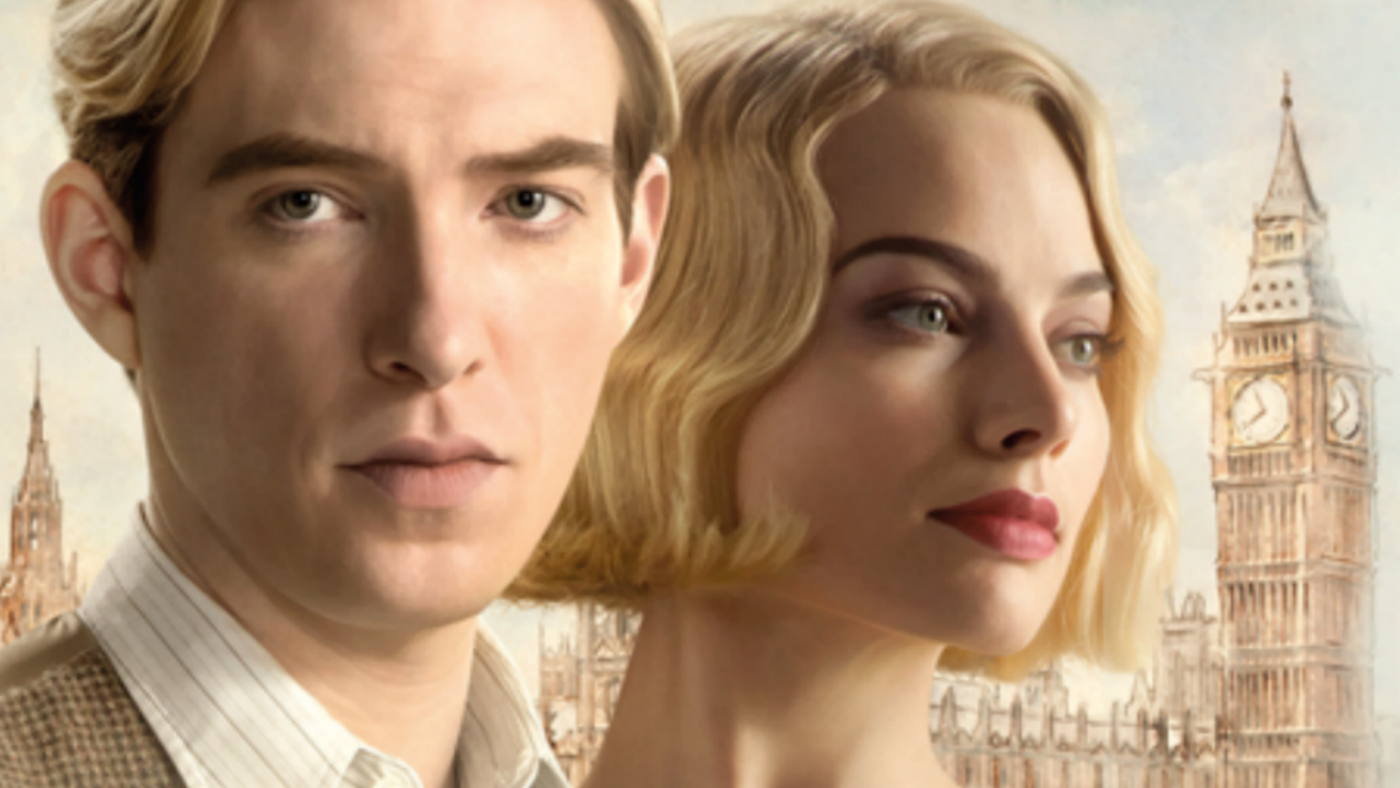
A free daily email with the biggest news stories of the day – and the best features from TheWeek.com
You are now subscribed
Your newsletter sign-up was successful
A new biopic about Winnie-the-Pooh author A.A. Milne is a moving story of a troubled writer who finds inspiration through his young son. But some critics worry it might ruin our childhood memories.
The film, directed by Simon Curtis and written by Frank Cottrell Boyce and Simon Vaughan, begins with Milne (Domhnall Gleeson) a soldier in the trenches of the Somme. After experiencing the horrors of the First World War, he returns to his wife Daphne (Margot Robbie) a damaged man, struggling with post-traumatic stress disorder, writer’s block and fatherhood (his son Christopher Robin is played by Will Tilston).
Eventually, Milne finds inspiration by going on forest walks with Christopher and transforms their conversations into material for his bestselling Winnie-the-Pooh books. But success has its challenges and, as the couple are seduced by fame, they begin to neglect the child who made them the toast of society.
The Week
Escape your echo chamber. Get the facts behind the news, plus analysis from multiple perspectives.

Sign up for The Week's Free Newsletters
From our morning news briefing to a weekly Good News Newsletter, get the best of The Week delivered directly to your inbox.
From our morning news briefing to a weekly Good News Newsletter, get the best of The Week delivered directly to your inbox.
This tale of the real child behind the books isn’t a particularly happy one, admits Caroline Preece on Den of Geek. But the critic says much of Goodbye Christopher Robin is “utterly charming, with just enough of a darker edge to stop it from becoming too twee”.
Preece praises Gleeson as “excellent” in a role that requires him to be reserved and unemotional, while Robbie is “an absolute delight” as the flighty and over-dramatic Daphne. “It’s lovely to see both of these actors doing something so different,” says Preece.
Kevin Maher in The Times points out there’s a template for the “beloved children’s author with dark and tortuous past” genre, previously seen in Finding Neverland, Miss Potter and Saving Mr Banks.
The genre’s task, says the critic, is to “illuminate the unexpected pain at the heart of great kiddie classics”.
A free daily email with the biggest news stories of the day – and the best features from TheWeek.com
But Goodbye Christopher Robin has even higher ambitions, argues Maher. It becomes a celebrity satire on the “shallow venality of Milne and Daphne” and then evolves again in the final act into something deeper.
Geoffrey Macnab on The Independent says the film is “a real tear-jerker”. But what makes it “so fascinating, and ultimately so moving”, Macnab says, is “the bleakness that sits alongside the sentimentality”.
This is a film about loss and betrayal on many different levels, and Macnab says “you won’t look at Eeyore and Tigger in quite the same way” after seeing it.
Remember Saving Mr Banks? Remember how it suggested that P.L. Travers wrote Mary Poppins because she had an alcoholic father and a suicidal mother? Well, that “was a feel-good treat for all the family” compared to Goodbye Christopher Robin, writes the BBC’s Nicholas Barber.
This film won’t attract many viewers who aren’t already fans of Milne’s classic Winnie-the-Pooh books, but its explicit purpose seems to be “to ensure that anyone who sees it will never enjoy those books in the same way again”, Barber says.
Meanwhile Peter Bradshaw in The Guardian says Goodbye Christopher Robin is like “the John Lewis Christmas TV ad has come early and it’s a nightmare”.
-
 The Olympic timekeepers keeping the Games on track
The Olympic timekeepers keeping the Games on trackUnder the Radar Swiss watchmaking giant Omega has been at the finish line of every Olympic Games for nearly 100 years
-
 Will increasing tensions with Iran boil over into war?
Will increasing tensions with Iran boil over into war?Today’s Big Question President Donald Trump has recently been threatening the country
-
 Corruption: The spy sheikh and the president
Corruption: The spy sheikh and the presidentFeature Trump is at the center of another scandal
-
 Friendship: 'bromance' comedy starring Paul Rudd and Tim Robinson
Friendship: 'bromance' comedy starring Paul Rudd and Tim RobinsonThe Week Recommends 'Lampooning and embracing' middle-aged male loneliness, this film is 'enjoyable and funny'
-
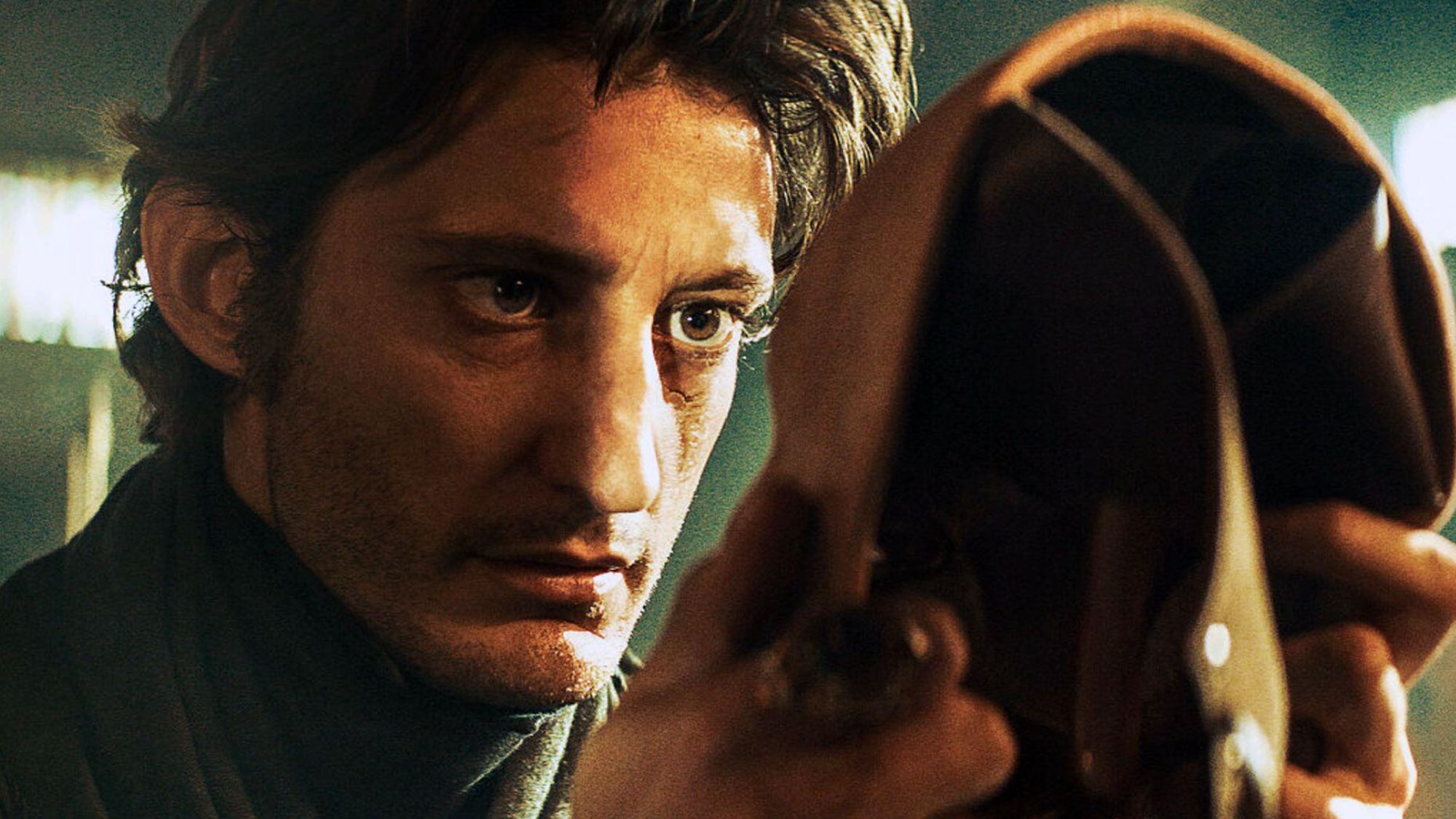 The Count of Monte Cristo review: 'indecently spectacular' adaptation
The Count of Monte Cristo review: 'indecently spectacular' adaptationThe Week Recommends Dumas's classic 19th-century novel is once again given new life in this 'fast-moving' film
-
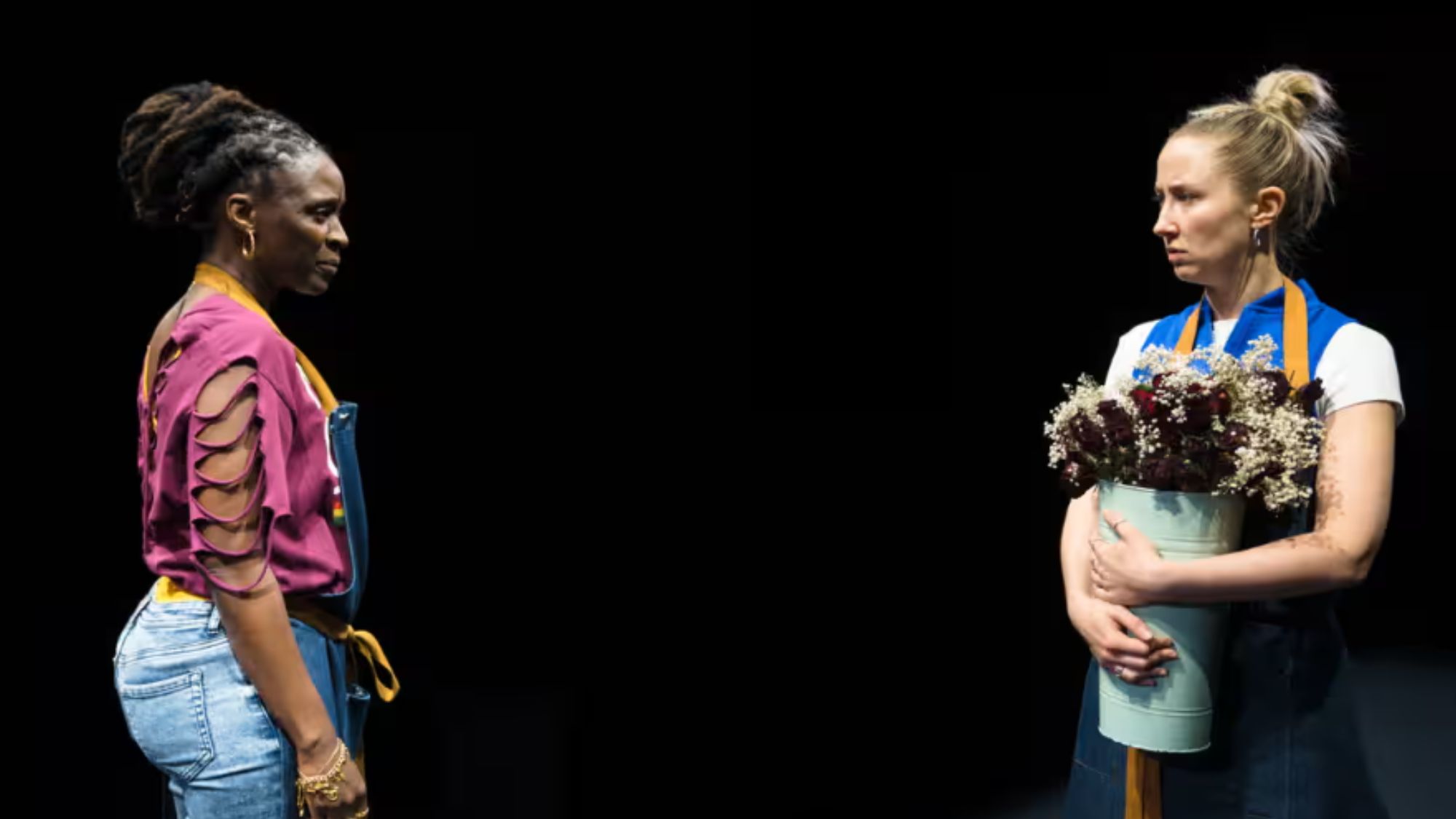 Death of England: Closing Time review – 'bold, brash reflection on racism'
Death of England: Closing Time review – 'bold, brash reflection on racism'The Week Recommends The final part of this trilogy deftly explores rising political tensions across the country
-
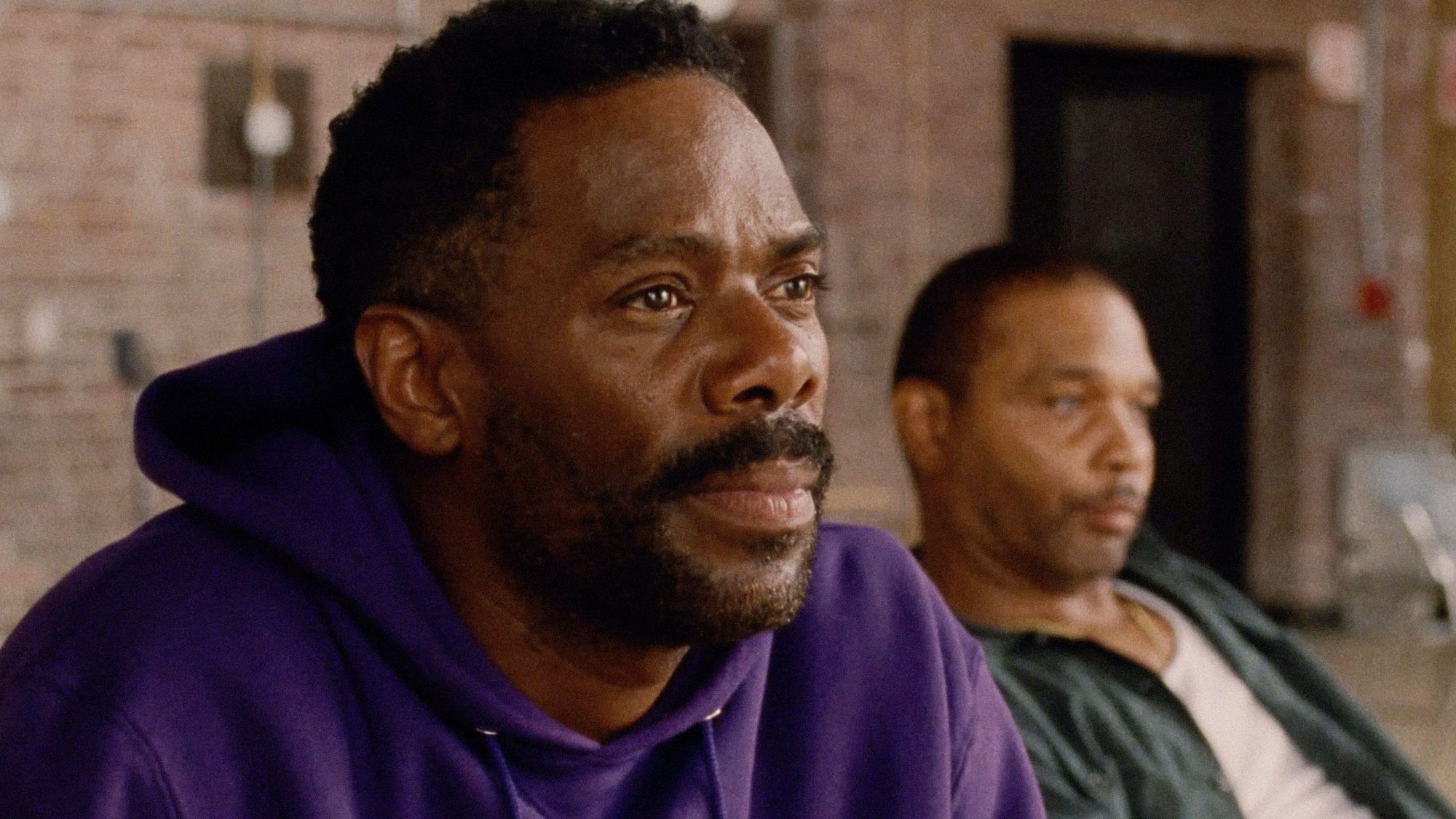 Sing Sing review: prison drama bursts with 'charm, energy and optimism'
Sing Sing review: prison drama bursts with 'charm, energy and optimism'The Week Recommends Colman Domingo plays a real-life prisoner in a performance likely to be an Oscars shoo-in
-
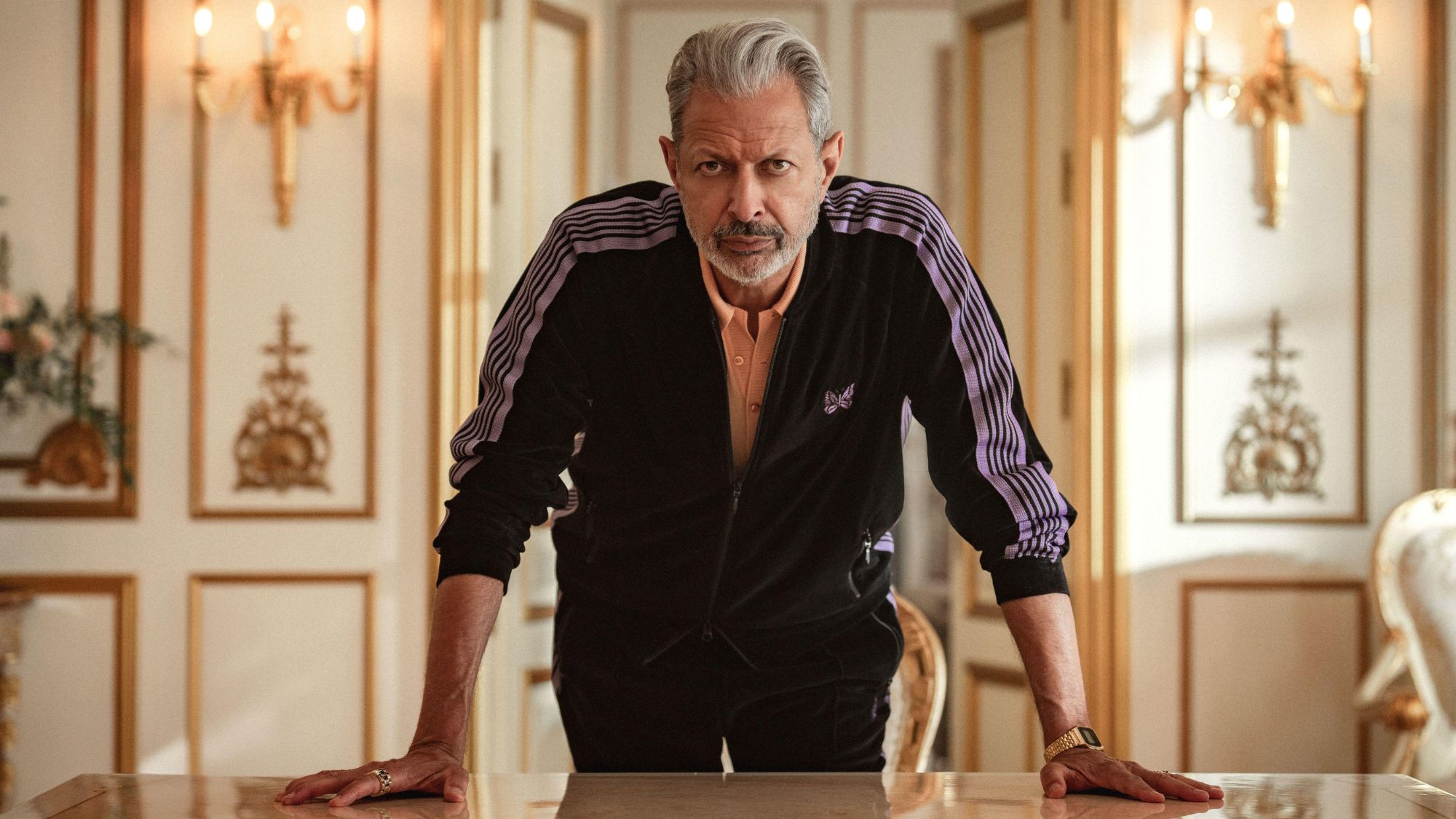 Kaos review: comic retelling of Greek mythology starring Jeff Goldblum
Kaos review: comic retelling of Greek mythology starring Jeff GoldblumThe Week Recommends The new series captures audiences as it 'never takes itself too seriously'
-
 Blink Twice review: a 'stylish and savage' black comedy thriller
Blink Twice review: a 'stylish and savage' black comedy thrillerThe Week Recommends Channing Tatum and Naomi Ackie stun in this film on the hedonistic rich directed by Zoë Kravitz
-
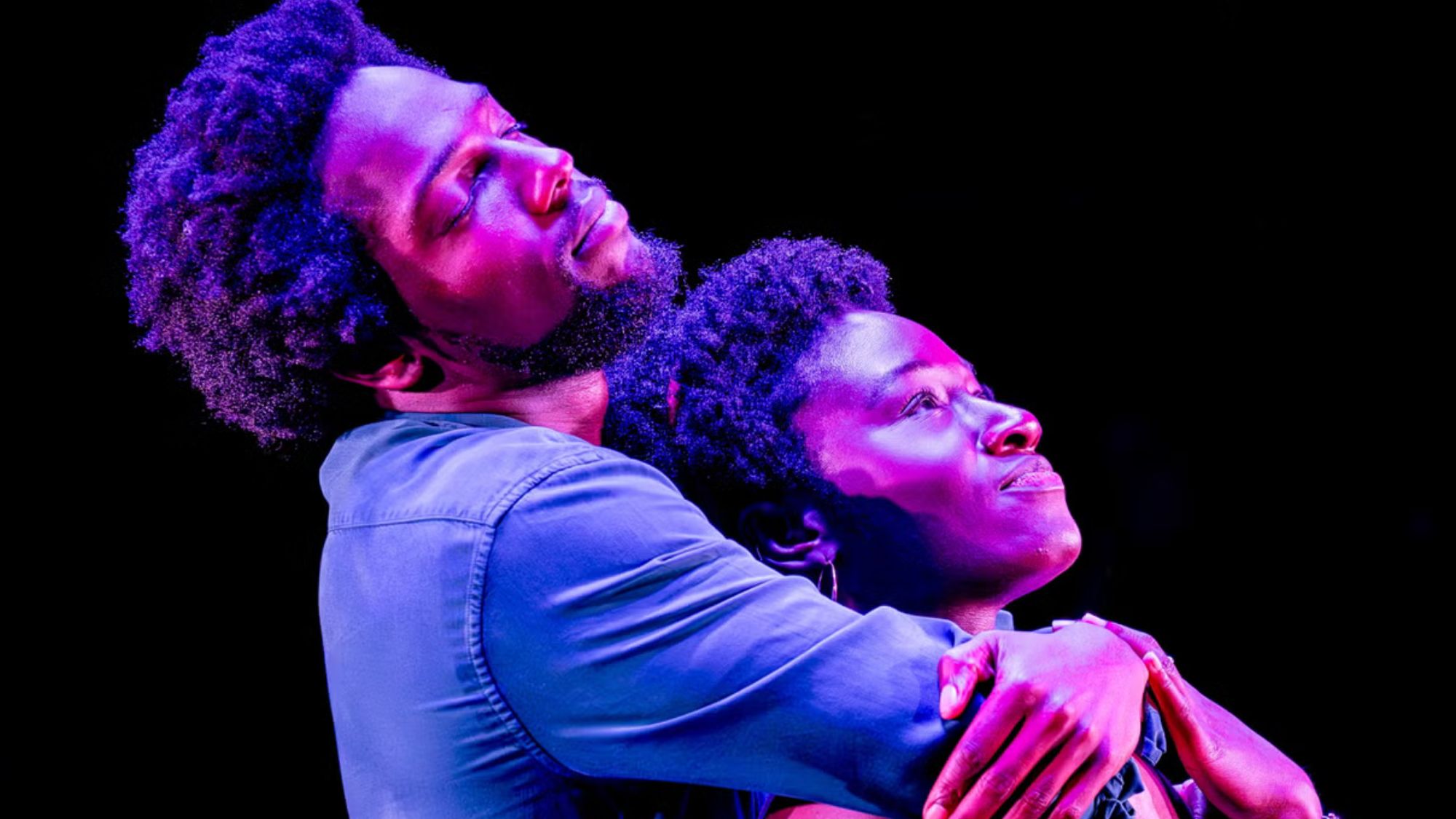 Shifters review: 'beautiful' new romantic comedy offers 'bittersweet tenderness'
Shifters review: 'beautiful' new romantic comedy offers 'bittersweet tenderness'The Week Recommends The 'inventive, emotionally astute writing' leaves audiences gripped throughout
-
 How to do F1: British Grand Prix 2025
How to do F1: British Grand Prix 2025The Week Recommends One of the biggest events of the motorsports calendar is back and better than ever